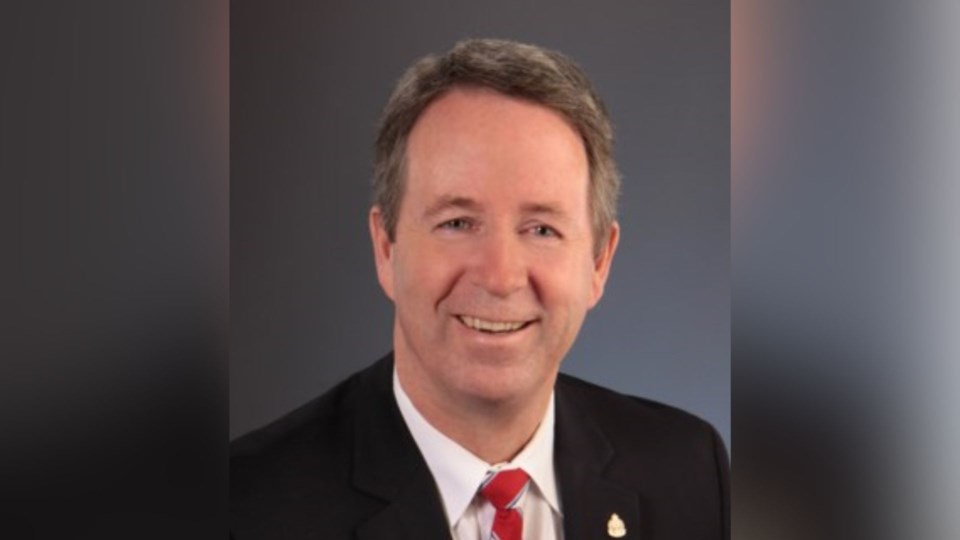One Richmond city councillor is asking whether the city should press the brakes on energy-saving measures required by residential builders.
Energy-efficient building practices, known as “step codes,” were approved by Richmond city council in 2018 with an incremental timeline, just a year after they were introduced by the province as options for municipalities. These include measures such as installing more energy-efficient windows, furnaces and insulation to conserve energy.
At that time, the province said the Energy Step Code would be fully integrated into the provincial building code by 2032.
Coun. Andy Hobbs brought a motion to city council on Monday to ask city staff to look at “options” around step codes, specifically to look at the timelines and to clarify the role of natural gas – which is methane – for heating and hot water.
“The use of gas for water and space heating in single-detached and duplex residential buildings is a necessary option during the transition to clean, renewable energy sources,” Hobbs explained in his rationale for the motion.
Hobbs told the Richmond News that the provincial timelines for step codes are “appropriate,” and he thinks it’s “prudent” for the city to follow these timelines.
“We should reconsider our timeline and put it in sync with the province,” he added.
Hobbs notes that BC Hydro currently only provides 19 per cent of all energy requirements.
The step codes also present an affordability issue, Hobbs said, adding requiring electricity to heat rooms and hot water adds to the cost of housing.
In the end, the referral was sent to city staff – with a response expected in September – to see what options there are to align Richmond’s implementation of the step code with the province’s instead of going faster than the provincial timeline.
Some councillors spoke of the advantage of having “choices,” that is, to use either electricity or gas to heat one’s house.
But, arguing against a referral for more information, some councillors suggested Richmond just revert to the province’s timelines.
“It’s not going backwards – it's going with what is required … in the province,” said Coun. Carol Day, who, along with Couns. Bill McNulty, Michael Wolfe and Kash Heed, voted against the referral.
Day claimed BC Hydro hasn’t kept up with the demand from step code implementation. (City staff said BC Hydro is planning to meet with the city on this issue in the near future.)
The province recently announced the Zero Carbon Step Code, which will bring new technologies to reduce carbon emissions, to be implemented in 2030.
There are various “steps” that builders can attain – for example, Step 2 is a home that is 10 per cent more energy efficient than the BC Building Code requires.
Jessica McIlroy with the Pembina Institute told the News these measures should be “feasible” for municipalities such as Richmond.
Not only is there the construction expertise in Metro Vancouver, the climate is suitable for many of the energy-efficient measures.
Some municipalities such as the City of Vancouver and some in the Capital Region have already implemented these step codes, she noted.
“We don’t believe there’s any reason to slow down,” McIlroy said.
Burning gas to heat buildings accounts for about 10 per cent of ÎÚÑ»´«Ã½’s carbon emissions, but that number climbs past 50 per cent in the province’s largest cities.
- with files from Stefan Labbe



